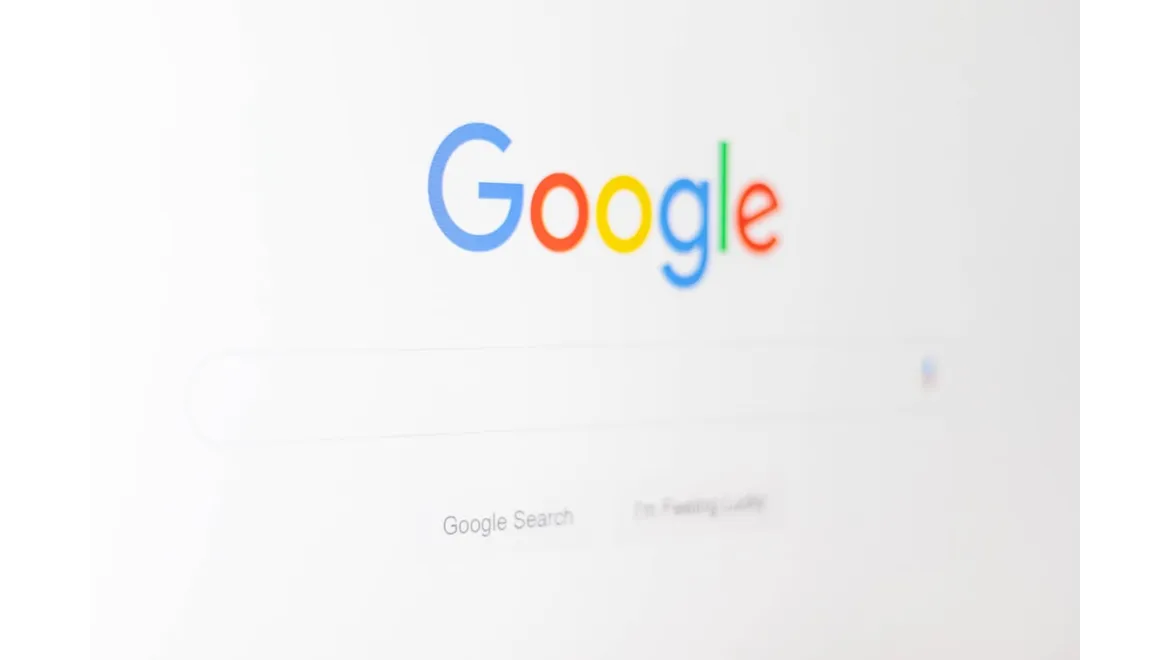In a recent discussion with Emma Rodriguez, a technology enthusiast and industry analyst, the conversation delved into the implications of a landmark ruling by a US federal judge, declaring Google a monopolist in the search engine market. This assertion has ignited widespread debate and speculation, particularly concerning its potential impact on search engines, especially on iPhones.
“Google has long been a behemoth in the search engine industry,” Emma began, her voice reflecting the depth of her experience in the tech landscape. “This ruling could signify the beginning of a considerable shift, particularly for iPhone users.”
Emma highlighted that Google’s dominance was not an overnight phenomenon. “Early search engines like Yahoo, Lycos, and Alta Vista were trailblazers in their own right, but Google revolutionized the field with its algorithmic approach, prioritizing relevancy in an unprecedented manner.”
Her enthusiasm was evident as she leaned forward. “That’s what made Google the preferred search engine. It wasn’t just good; it was superior. Then, of course, there’s the financial aspect.”
Emma referred to the substantial payments Google makes to Apple to remain the default search engine on Safari. “In 2022 alone, Google reportedly paid Apple around $20 billion for this privilege. That figure is staggering, but it also underscores the critical importance of this default status for both companies.”
“Consider this,” she continued, “if you had an iPhone and the default search engine wasn’t Google, it would be a significant change. People are creatures of habit; we gravitate toward familiarity.”
She explained that while users can change their default search engine, most don’t. “Sure, you can switch to DuckDuckGo, Yahoo, or Bing, but those options are buried in settings. If it works, why change it? For most people, Google’s search results are unrivaled in quality.”
However, Emma noted that the judge’s ruling might necessitate a change. “If this ruling stands, Google might have to cease paying Apple for that default status. This could pave the way for Apple to introduce its own search engine—a long-rumored endeavor—or to simplify the process for users to choose their preferred search engine during the initial device setup.”
“Think about the ramifications,” she said, her eyes widening. “If Apple launches its own search engine, it could be a game-changer. But even if they don’t, making it easier for users to select a different default search engine could level the playing field. Bing, DuckDuckGo, and others could finally have a chance to compete on a larger scale.”
Emma also emphasized the broader impact of Google’s dominance. “With 91% of the global search engine market share, Google’s influence extends beyond search results. It shapes the web experience. Websites are optimized for Google, not for DuckDuckGo or Yahoo. This ruling might prompt the industry to reevaluate that approach.”
As our conversation drew to a close, Emma offered a reflective perspective on the future. “Google will likely appeal this ruling, and it will be fascinating to see how it unfolds. But one thing is certain: the pressure is mounting. Whether it involves divesting the search business from Alphabet or discontinuing payments to Apple, changes are imminent.”
“And for us, the users,” she concluded, “it could mean that the next time we set up a new iPhone, we’ll be asked to choose our search engine. It might be Google, or it might be another provider. But the decision will be ours to make.”
As I left the interview, Emma’s words resonated deeply. Change is unavoidable, especially in the dynamic world of technology. Whether this ruling results in a seismic shift or a minor adjustment, one thing is clear: the search engine landscape on our devices is on the brink of transformation. As users, we may soon find ourselves in an unprecedented position—making a deliberate choice about how we navigate the vast expanse of the internet.











